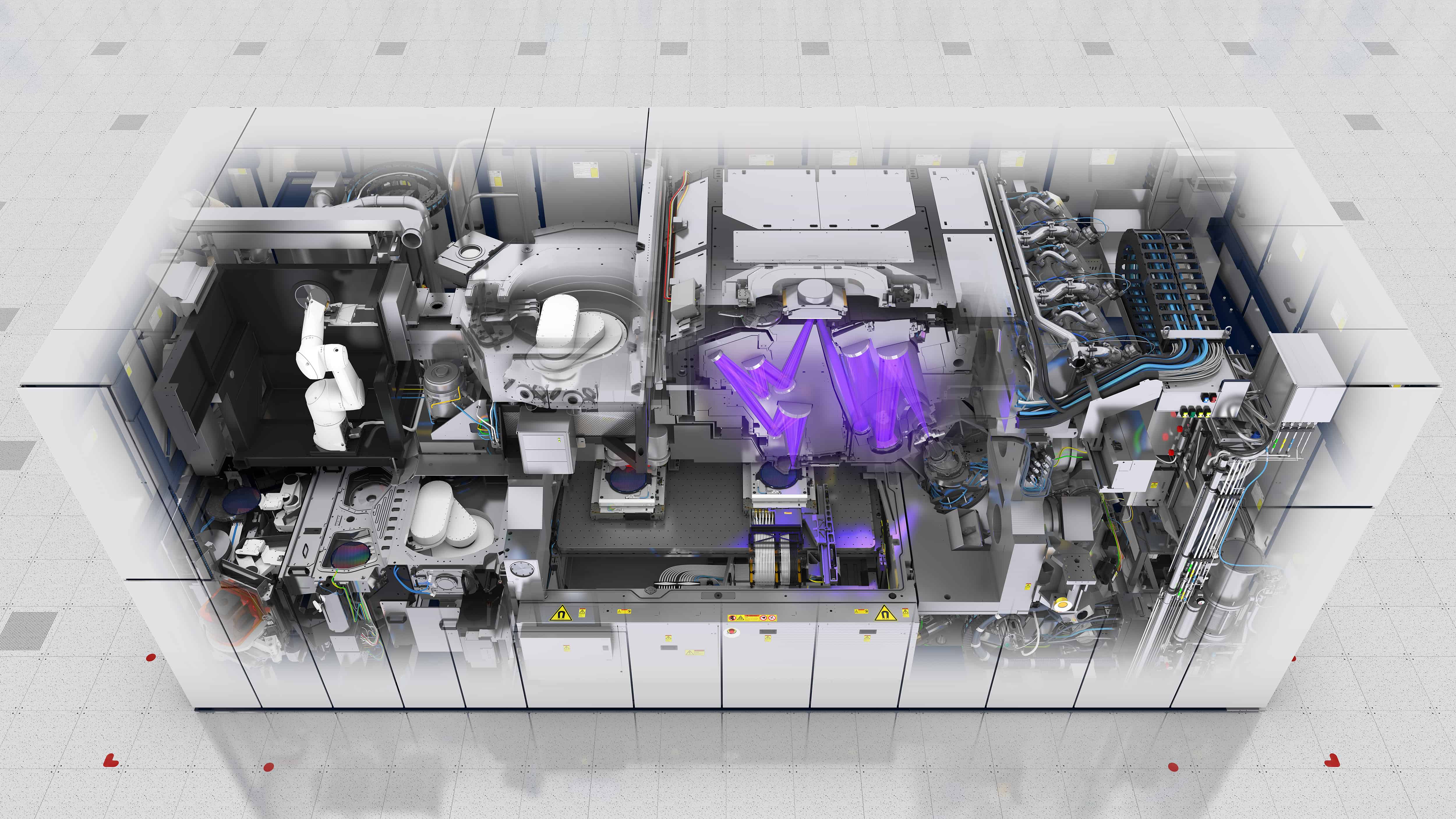
As of September 1, new restrictions will apply to ASML’s export of chip-making machines to China, Dutch Minister for Foreign Trade and Development Cooperation Liesje Schreinemacher announced.
ASML now must apply for an export license for some types of machinery. As a result, the government can decide to block exports to a specific country. Schreinemacher specifies that the measure aims at preventing Dutch technology from ending up in the hands of companies and organizations “that can use it against us.”
This is not the first restriction on ASML’s export of its high-end equipment. A ban was already in place for extreme ultraviolet (EUV) machines. Since March, the same has applied to the slightly less advanced deep ultraviolet (DUV) machines.
Country neutral
The Minister specified that the measures are country neutral, although acknowledging that “China will also notice the consequences.”
This new ban was announced in March, although no details were revealed on when and what kind of ban it would have been. With the new rules, ASML must apply for permits to export its most advanced DUV machines.
Schreinemacher expects 20 permits to be applied annually. A license can be valid for different machines.

Additional measures
In addition to selling equipment, ASML also provides maintenance contracts to its customers. Technically, new rules apply to these contracts too, but the Dutch government wants to spare them, the NOS reports. This is to prevent spillovers to the national chip ecosystem – consisting of other world leaders such as NXP – and avoid another chip shortage.
However, there might be more bans. According to the news agency Reuters, the US is also working on new measures to prevent the export of older ASML equipment to China.






